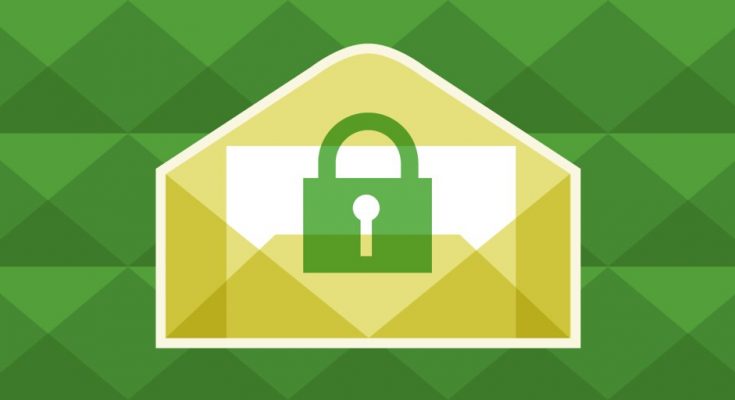Every organization – small and big, self-employed people and freelancers use emails as part of their work.
It is important for everyone to follow the email security guidelines to stay away from the digital security risks.
In this article we will be looking at some email security tips you could use.
Make use of secure devices
Many companies are now letting their employees use their own devices to work. By doing so, companies are putting themselves at the risk of compromising data security.
There is no alternative to secure devices to eliminate data breaches.
Therefore, it is important to install security software, and not allow the users to download risky files or applications.
Pro Tip: If you are an email marketer and you send emails to people who are not expecting your emails, you will be in their suspicion list, and it would damage your brand name.
Hence while building the email list, it is important that you target only the right audience and locate their correct email address.
You could use email lookup tools like GetEmail.io to search emails. It is time saving, accurate, comes with free plan too.
Use passphrases to create strong passwords
One of the best practices in email security is using strong passwords for your email accounts.
For strong passwords you do not have to create a complex password such as #@tRe12%4? it could be a passphrase such as ilovEmysElfmoreE, which is easy to remember yet difficult to decipher by the hacker.
Verify the sender email address
When you get an email that recommends you click on a link, you must be cautious and check the sender’s email address.
How does it look like – genuine or fake?
Many emails claim to be coming from social media platforms like Facebook, PayPal, Ebay, DHL, etc.
When you look at them, they look so real that you may fall into the trap unless you spot the obvious.
These emails ask for your personal information, encourage you to login to your personal email account and verify it, ask for software updates, etc.
Check the hyperlink in the email
You should hover over the text with hyperlinks or a URL (Uniform Resource Locator), it will show you the original link you will be directed to on clicking it.
See if that is what you were expecting to land on, or is this something suspicious?
Do not use the same password for all accounts
Reusing the same password across all the accounts is also an email security threat.
Let us assume one of the accounts is compromised, now the attackers will be able to easily access other accounts using the same password.
Do you get it now?
Therefore, you must always set a strong, unique password for all your accounts. It is understandable that it could be hard for you to remember passwords when you have more accounts. However, it is worth it considering the risks of attackers.
Avoid public Wi-Fi
If you are working remotely, you should always use your confidential data and never use public Wi-Fi. Public wi-fi is not secure and the data sent over can be easily viewed by others.
An expert hacker needs just a laptop and some basic software to hack your data.
And in a situation where you do not have any other option, you can use VPN (VIRTUAL PRIVATE NETWORK) to minimize the possibilities of a data breach.
Beware of the sense of urgency
Does the sender create a sense of urgency in the email?
In phishing emails, the sender wants you to act immediately leaving no time for you to think about it.
Hence, they create an urgency using certain words, images, or CTA (call to action) buttons. However, you should not fall into such traps.
They use such scarcity to make you hit the link or share the information with them.
Ultimate thoughts
With the guidelines mentioned in this article, you could avoid unnecessary data breaches.




